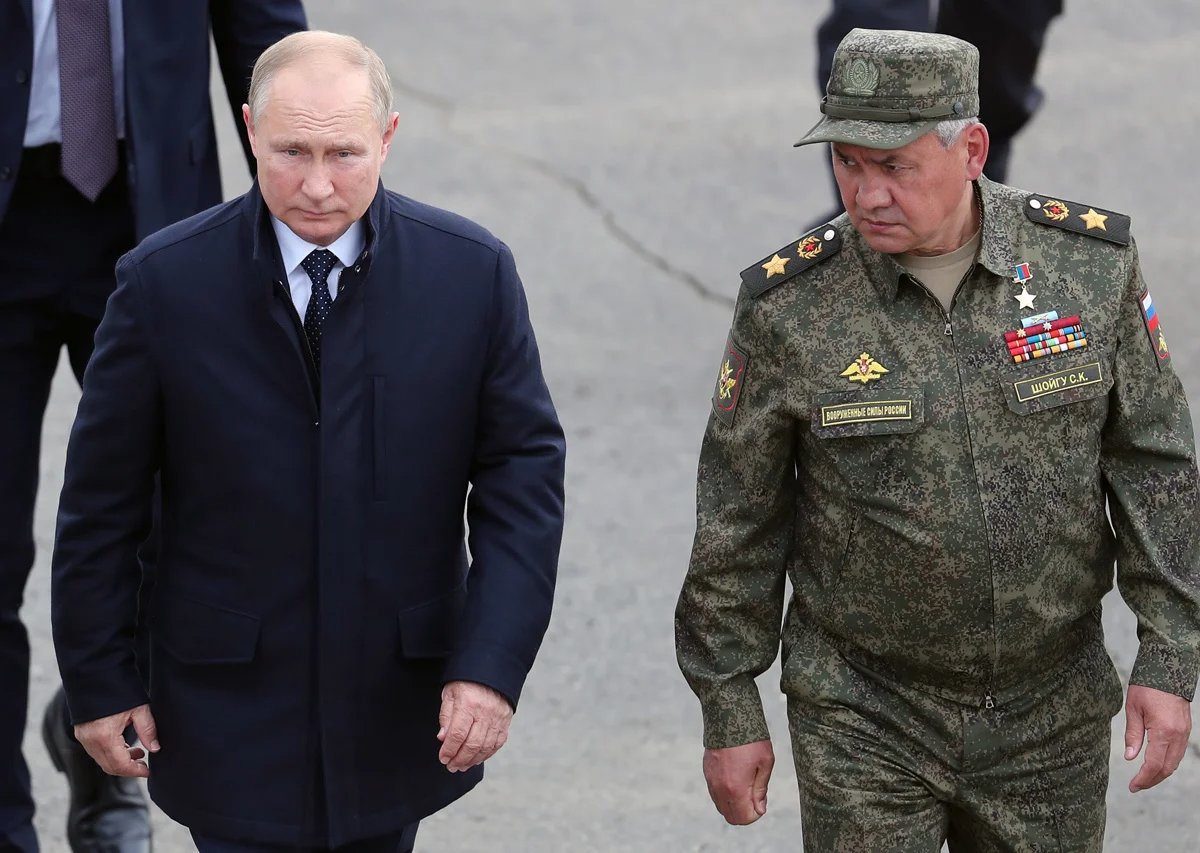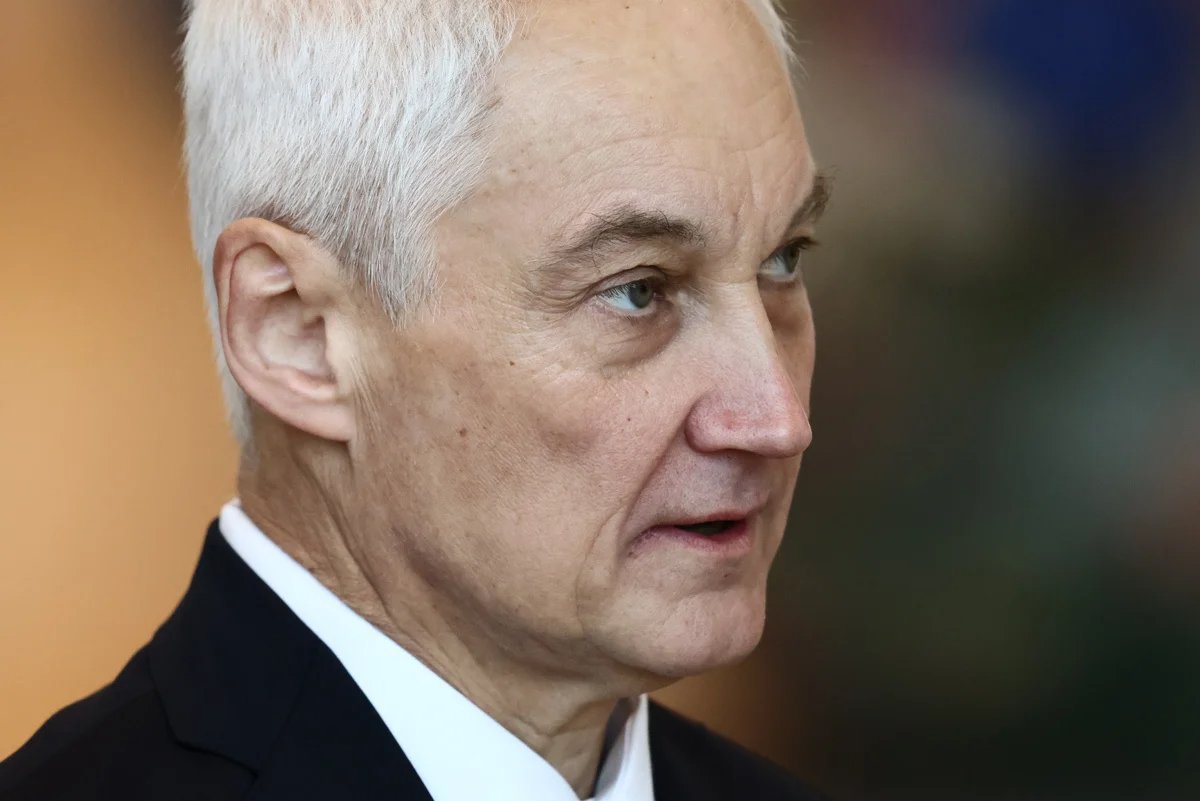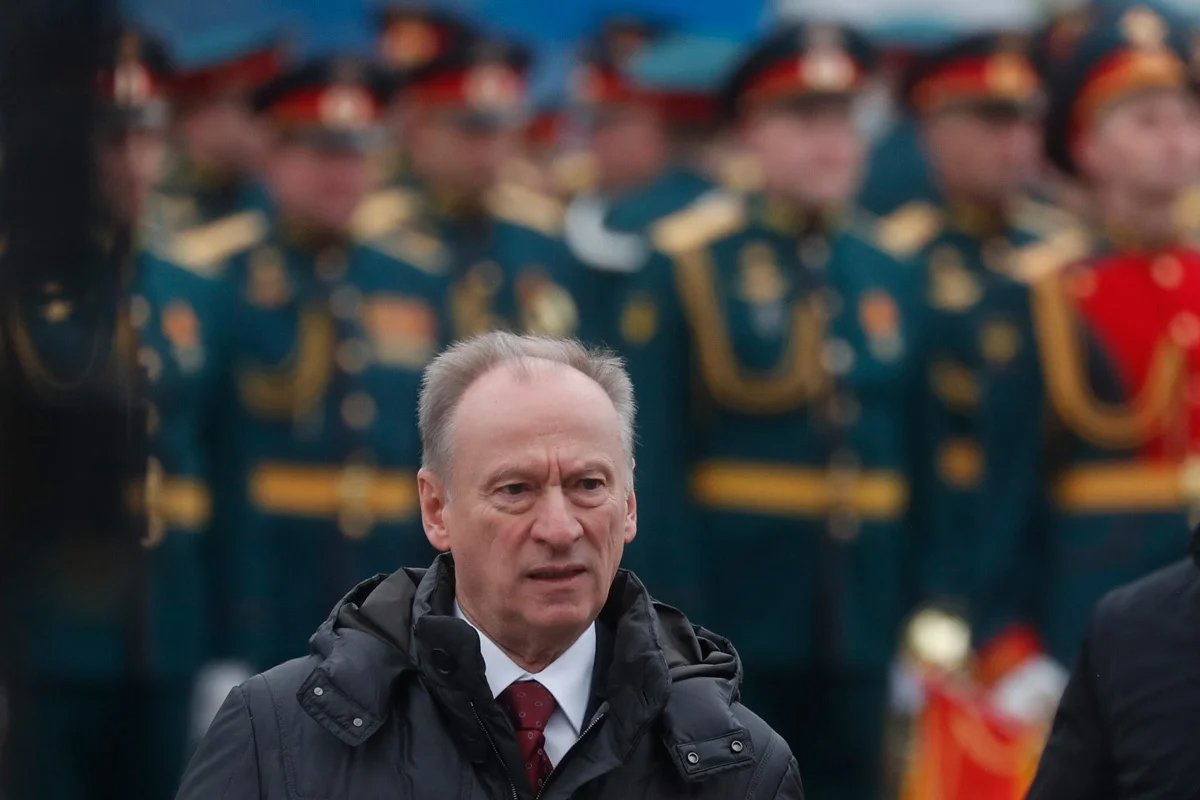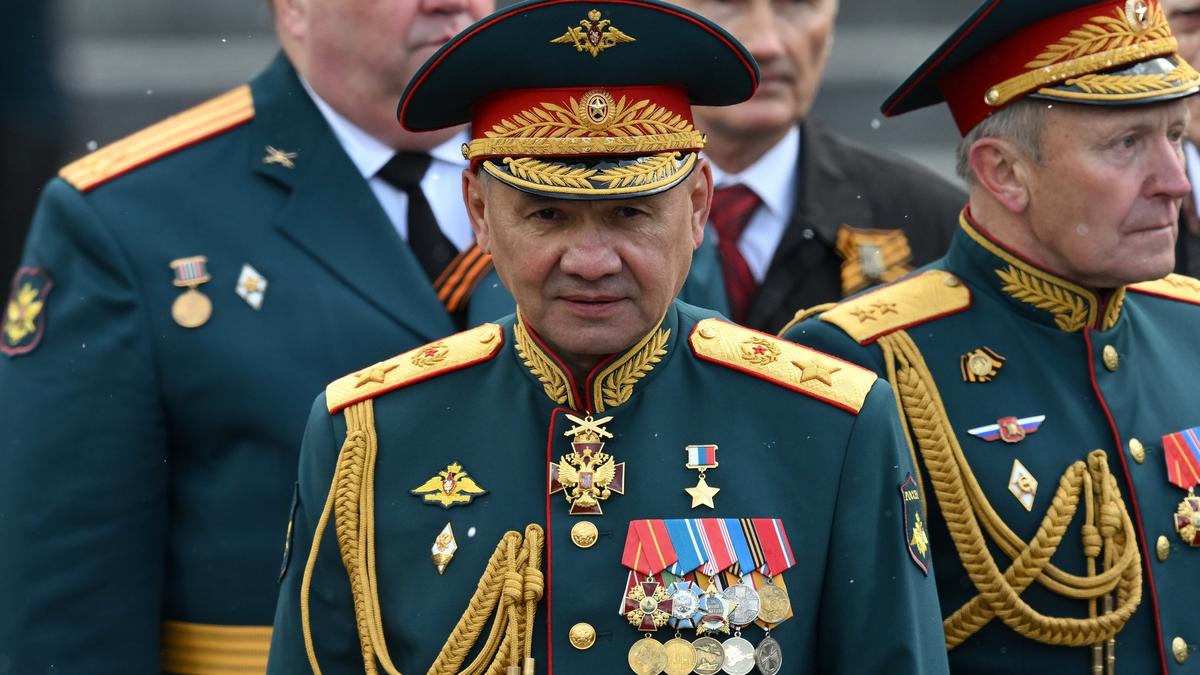On Sunday evening, Vladimir Putin unveiled details of a planned ministerial reshuffle to the Federation Council, Russia’s upper house of parliament, according to which veteran Defence Minister Sergey Shoigu will replace long-term Putin confidant Nikolay Patrushev as the head of Russia’s Security Council, a body made up of top state officials and security chiefs that briefs the president on security issues.
Kremlin spokesperson Dmitry Peskov told state news agency TASS that a new role for Patrushev would be announced within the coming days. Acting First Deputy Prime Minister Andrey Belousov will become the new defence minister.
‘Sideways move’
After 12 years at the helm of the Defence Ministry, Shoigu will now become Secretary of Russia’s Security Council. Political analyst Fyodor Krasheninnikov told Novaya Europe that for Shoigu this “definitely isn’t a promotion, but nor is it a disgrace, and he isn’t being punished or hidden from view. It’s a sideways move, not a demotion. The Security Council is a somewhat honorary position, but he hasn’t been put out to pasture. Patrushev was and remains quite influential, after all. And Shoigu will have an interesting job and opportunities,” he said.
Peskov said that Shoigu would also be deputy president of the Military-Industrial Commission, saying he was “deeply immersed in its work”. Krasheninnikov says that “Putin doesn’t deal with the Military-Industrial Commission himself,” which means that Shoigu will effectively be in charge. “In wartime, this is a very important position,” he added, noting that the department’s main function is the procurement of weapons.
“Shoigu will still be close to the president, and will have an important role as the secretary of the Security Council. It’s a high-profile position that still comes with its own plane and all the other bells and whistles he had as defence minister. He might end up with less influence, but it doesn’t mean he’s leaving the stage altogether. It’s not a fall from grace. It’s a high-profile post and demonstrates continuity. Nobody is being punished or accused of anything,” Krasheninnikov said.

Vladimir Putin and Sergey Shoigu. Photo: Sergey Sevostyanov / Sputnik / EPA-EFE
At the same time, Shoigu’s removal does clearly relate to the April arrest of his deputy Timur Ivanov on large-scale bribery charges, Krasheninnikov conceded, adding that a minister being removed from office means he had questions to answer, but that “Putin is showing that Shoigu personally won’t be punished”.
“If they wanted to destroy Shoigu, they wouldn’t have just arrested Timur Ivanov, but lots of people, including Shoigu himself,” he stressed.
Not everyone agrees that Putin’s reshuffle represents a sideways move for Shoigu. Journalist and former presidential candidate Ksenia Sobchak said she thought the Security Council was “a big demotion for Shoigu”.
“And yes, Putin is a serious grandmaster: after the confrontation between Prigozhin and Shoigu and the Prigozhin rebellion, he understood he had to remove both — one quickly and dramatically, the other — with a gentle push,” she said.
“If they wanted to destroy Shoigu, they wouldn’t have just arrested Timur Ivanov, but lots of people, including Shoigu himself,” he stressed.
Political scientist Abbas Gallyamov described the Security Council as “an empty shell” for most of its existence, but said that changed a decade ago. “Since 2013, the Security Council’s influence has steadily increased to reach its current peak. We can now assume those days are over. Shoigu has been reassessed since Ivanov’s arrest and the Security Council will revert to being a sinecure for those on the way out.”
Senior Carnegie Russia Eurasia Centre fellow and founder of the R.Politik centre for Russia analysis Tatiana Stanovaya said she thought the most interesting question now is whether Valery Gerasimov will remain in his post as head of the General Staff of the Russian Armed Forces and first deputy minister of defence. She too believes that Shoigu’s move to the Security Council shows what Putin really thinks of it. “The Security Council is becoming a place-holder for Putin’s former key figures who can’t be got rid of altogether, but who have nowhere else to go,” Stanovaya said.

Andrey Belousov. Photo: Jack Taylor / EPA-EFE
An economist at the helm
Appointing acting First Deputy Prime Minister Andrey Belousov as his new defence minister may not seem that logical at first glance. The Kremlin explained the reshuffle by saying that defence spending had recently risen to account for 6.7% of GDP, reminiscent of the mid-1980s, when the figure was 7.4%.
“For now, the president has decided that a civilian should head the Defence Ministry — and not just any old civilian, but a person who very successfully ran the Russian Ministry of Economic Development … The Defence Ministry should be open to innovation, bringing in new ideas and laying the groundwork to be competitive economically,” Peskov told journalists on Sunday.
“He’ll expel all the crooks sitting there with a clean conscience. They’ll be arrested and imprisoned. It will all be presented as a purge, but nobody will implicate Shoigu as he’ll be doing other things,” he told Novaya Europe.
Putin’s entourage sees Belousov as merely “slightly corrupt”, according to Krasheninnikov. “By any normal person’s standards, he’s a crook, of course, but for the aristocracy he’s more or less honest.” He also has no ties to the Defence Ministry so can now quietly go about cleaning it up.
“He’ll expel all the crooks sitting there with a clean conscience. They’ll be arrested and imprisoned. It will all be presented as a purge, but nobody will implicate Shoigu as he’ll be doing other things,” he told Novaya Europe.
He also described Belousov’s appointment as “a fighting army getting a professional and highly motivated accountant and foreman who will do all he can to supply them with everything they need”.
An unnamed federal official told independent media outlet IStories that the defence minister should “work with the government to organise work and logistics, ensure production and supplies, reorient the economy towards the “special military operation” and squeeze everything it can out of the defence industry”.

Nikolay Patrushev. Photo: Maxim Shipenkov / EPA-EFE
What next for Patrushev?
Since 2008, Nikolay Patrushev, a Kremlin ideologue whose Russian World sympathies led directly to the invasion of Ukraine, has chaired Russia’s Security Council, an advisory group of intelligence and security chiefs tasked with advising the president on national security issues, and which forms Putin’s “inner circle” according to Kremlin insiders.
A St. Petersburg native like Vladimir Putin, Patrushev was at one point Putin’s patron and was responsible for bringing him from St. Petersburg to Moscow in the late 1990s.
“He is still in his position for now, and we’ll tell you within the next few days where Nikolay Platonovich will be working next,” Peskov said following the announcement of the reshuffle on Sunday.
“Given Patrushev’s ambition and proximity to Putin, it won’t be a minor role”, Krasheninnikov said, before suggesting he might be appointed to head the Presidential Administration or be the first to occupy a new post within the security services, adding: “Now if he isn’t given a new post, that would be an interesting talking point.”

